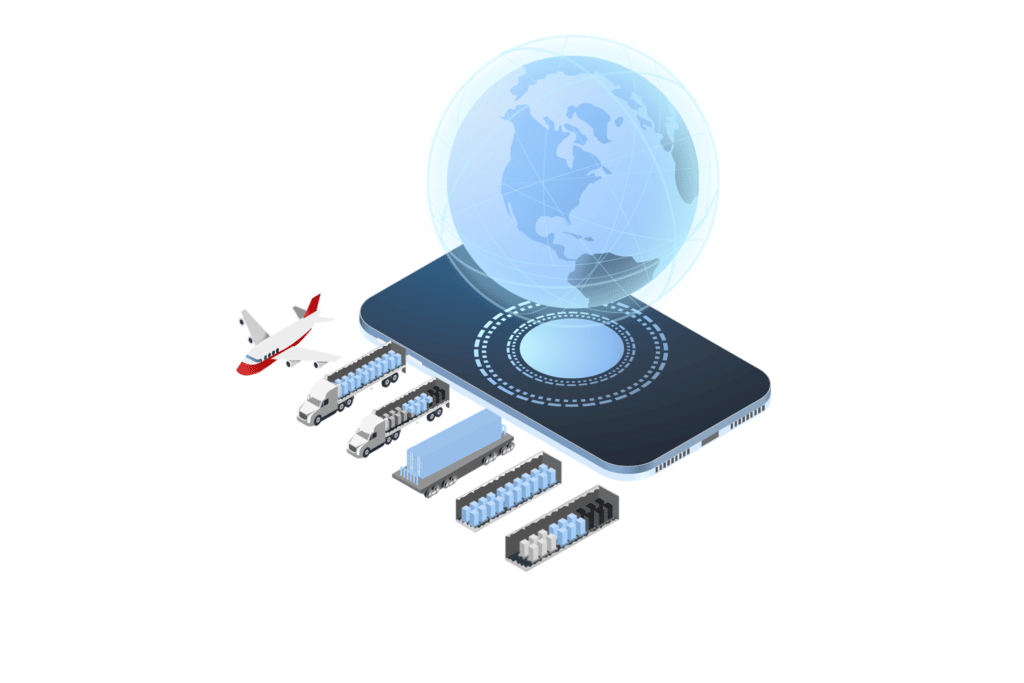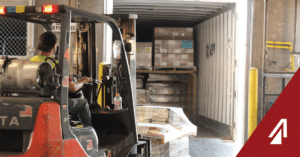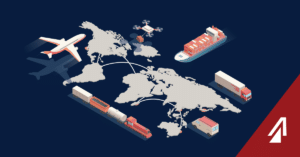Whether you’re making a choice to change your current logistics provider or looking to outsource ongoing operations, choosing a 3PL partner should involve an analysis of your company’s needs. Identifying your companies exact requirements will make the process of choosing a logistics provider easier from start to finish. Detailed below are the leading operational necessities customers are evaluating when looking to outsource their transportation needs.
1. Technology
Partnering with a logistics provider that invests in their IT infrastructure is critical as it demonstrates the long-term investment into their company and yours as well. Strong 3PL providers invest time into integrating cohesive technology allowing for processes to be streamlined in an effortless manner. IT systems are not created the same throughout providers and identifying an IT platform that provides business intelligence and insight can increase value from the relationship.
2. Proven Record
It isn’t enough to find a logistics provider that is able to correctly handle your freight once every few shipments. Finding an organization that has a proven track record with high-quality industry references is important. Looking at service records, ratings, and awards amongst 3PL’s are a few ways to get a deeper understanding of the service that will be provided. Companies that are able to deliver on service quality and promised innovation will have a customer base that can attest to the qualifications of the organization.
3. Communication
Working with a 3PL provider involves handing over some, or all, of your shipping needs to another party. The shift in transportation management can create less control over certain aspects but working with a company that prioritizes communication can increase the transparency throughout operations. The transparency should carry into the evaluations that are done regarding savings analysis and the processes used to determine costs structures. A leading logistics provider will also be able to effectively communicate potential issues and take responsibility for their mistakes, working to find solutions to the issues in a strategic manner.
4. People & Culture
Before starting a new business relationship, it is best to determine if your company and the one in question are looking to make strides in the same direction. This can be the push to both increases the opportunity for innovation, reduce operational costs, and operate on a service-first culture. Partnering with a transportation management company that has identified the same values can reduce opposing tension and create a productive atmosphere for both entities.



